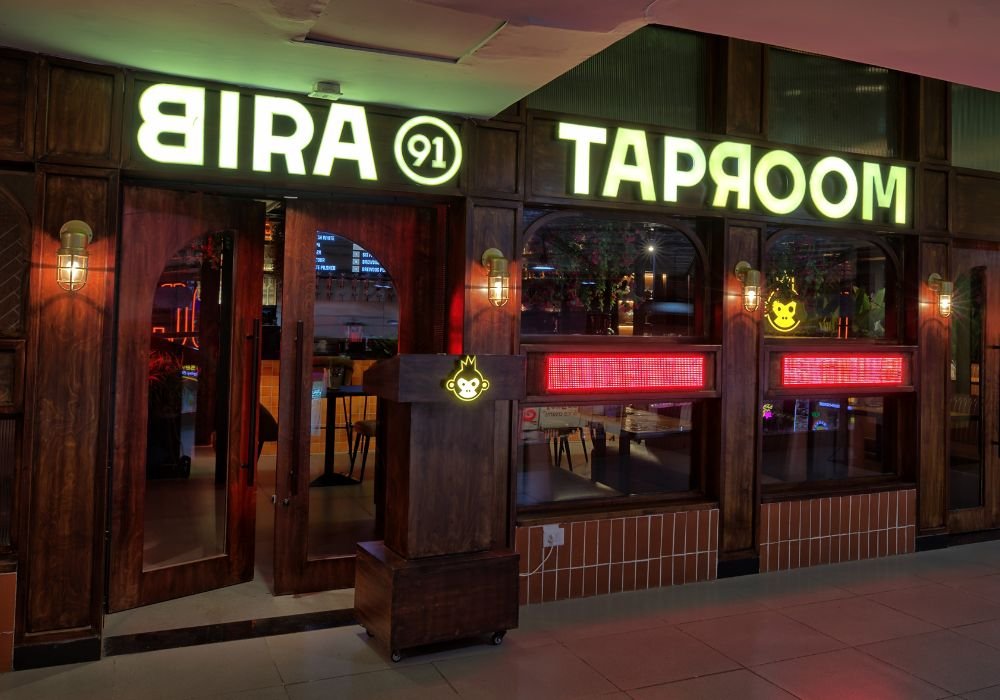Brewing Against the Odds: How Craft Breweries Tackle Supply Chain Challenges

The supply chain in the beer industry encompasses the entire process of producing, distributing, and delivering beer to consumers. It involves various stages and stakeholders, including ingredient suppliers, breweries, distributors, retailers, and ultimately, the end consumers.
Throughout the beer supply chain, effective supply chain management practices are crucial for ensuring timely deliveries, maintaining product quality, managing inventory levels, optimizing logistics, and minimizing costs. By efficiently coordinating the various stages and stakeholders involved, breweries can deliver their beers to consumers in a timely and consistent manner, contributing to their overall success in the industry.
Craft breweries face various supply chain challenges, but they employ several strategies to overcome them. Here are some ways in which craft breweries tackle these challenges:
Local Sourcing
Many craft breweries prioritise local sourcing of ingredients whenever possible. By establishing relationships with nearby farmers, maltsters, and hop growers, breweries reduce dependence on distant suppliers and mitigate the risk of supply disruptions.
Diversification of Suppliers
Craft breweries often work with multiple suppliers for essential ingredients like hops, malt, and yeast. This diversification helps in reducing the impact of any individual supplier’s issues or shortages. It allows breweries to quickly pivot to alternative suppliers if needed.
Inventory Management
Effective inventory management plays a vital role in overcoming supply chain challenges. Craft breweries carefully monitor their inventory levels, forecasting demand and adjusting production schedules accordingly. This helps in maintaining an adequate stock of raw materials and finished products, minimising the risk of running out during unforeseen supply disruptions.
Collaboration with Distributors
Craft breweries maintain strong partnerships with their distributors. Open communication and collaboration with distributors help breweries stay informed about potential supply chain issues and find alternative solutions. Distributors can also assist in sourcing hard-to-find ingredients or arranging logistics during challenging times.
Vertical Integration
Some craft breweries opt for vertical integration by owning or partnering with suppliers. This approach allows greater control over the supply chain, from sourcing ingredients to distribution. By vertically integrating, breweries can better manage their supply chain, streamline operations, and mitigate risks associated with external suppliers.
Contract Brewing
Contract brewing provides flexibility and a backup plan for craft breweries. In case of supply chain disruptions, they can collaborate with other breweries to brew their recipes under contract. This allows them to maintain production levels and meet customer demands while resolving any temporary supply issues.
Quality Assurance and Process Optimization
Craft breweries focus on maintaining consistent quality and optimising their brewing processes. This helps in minimising wastage, maximising efficiency, and ensuring the best use of available resources. By continuously improving their operations, breweries can better cope with supply chain challenges and adapt to changing circumstances.
Long-Term Supplier Relationships
Establishing strong, long-term relationships with suppliers is crucial for craft breweries. By fostering trust and loyalty, breweries can gain priority access to limited ingredients, receive better support during supply disruptions, and even collaborate on innovative solutions to overcome challenges together.
Innovation and Adaptability
Craft breweries are known for their innovative spirit. When faced with supply chain challenges, they often find creative solutions such as recipe reformulation, ingredient substitutions, or limited-edition brews using available resources. This adaptability allows them to continue brewing and offering unique products to customers.
Continuous Monitoring and Contingency Planning
Craft breweries proactively monitor market trends, industry news, and potential supply chain disruptions. By staying informed, they can anticipate challenges and develop contingency plans in advance. Being prepared with backup strategies and alternative suppliers helps them navigate unexpected disruptions more effectively.
Craft breweries’ ability to overcome supply chain challenges relies on a combination of proactive planning, strong partnerships, adaptability, and innovative thinking. By implementing these strategies, breweries can maintain a steady supply of high-quality beer even in the face of obstacles.



